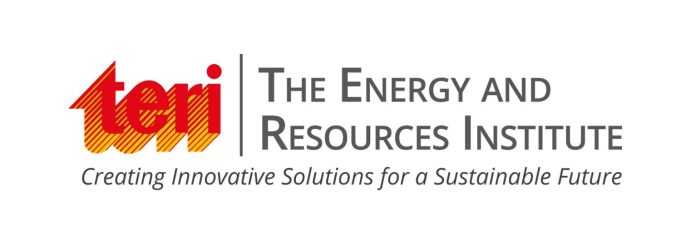In a move to accelerate the development of a competitive green hydrogen market in India, The Energy & Resources Institute (TERI) has recommended establishing a central procurement agency, modeled after the Solar Energy Corporation of India (SECI).
The proposed entity would focus on sourcing green hydrogen for various industries through long-term contracts, helping to drive the decarbonization of the steel, fertilizer, and other hard-to-abate sectors.
Green Hydrogen Market
In its recent report on leveraging green hydrogen for industrial decarbonization, TERI noted the absence of a structured green hydrogen market in India.
This lack is largely due to the minimal demand for green hydrogen-derived goods and services to replace carbon-emitting fossil fuels.
Existing support schemes like the SIGHT Programme and Production Linked Incentive (PLI) scheme, TERI argues, may fall short of achieving a meaningful impact without a foundational green hydrogen market.
Ensuring Investor Confidence
According to TERI, investor confidence hinges on assurances of steady, long-term demand within a viable price range that ensures returns.
Potential investors must secure both equity and debt, which rely on lenders’ independent assessments.
TERI emphasized the importance of long-term contracts at competitive prices, citing the solar sector’s success, where long-term agreements have fostered extensive private sector participation and facilitated financing.
Competitive Procurement
TERI’s report advocates setting up a framework for green hydrogen procurement from a designated future date. This should be synchronized with the expected demand. The demand comes from various industrial projects currently in development.
This approach, TERI suggests, would stimulate competitive production capacity and support cost reduction over time.
Conducting bidding rounds for hydrogen supply in tandem with each downstream project’s commissioning would lower costs, eventually cultivating a robust, competitive market for green hydrogen.
Proposal for an SPV
To streamline the procurement process, TERI proposes creating a special purpose vehicle (SPV) similar to SECI.
This SPV would manage green hydrogen procurement for each downstream project through individual long-term contracts.
TERI noted that SECI’s competitive procurement model has successfully driven India’s solar costs down to some of the lowest in the world.
The institute believes they can replicate this success for green hydrogen, facilitating the supply of carbon-neutral inputs to hard-to-abate sectors.
Tailoring SPVs
TERI further recommends that each industrial segment undertaking green hydrogen pilot projects should have its own SPV. The relevant Ministry should oversee this SPV.
TERI suggests launching pilot plants for sectors with proven, mature technologies. This should be done through long-term procurement contracts.
As reported by thehindubusinessline.com, this would mitigate investment risk. It would enable companies to focus on plant operation and productivity, without concerns about green hydrogen supply and pricing.
































